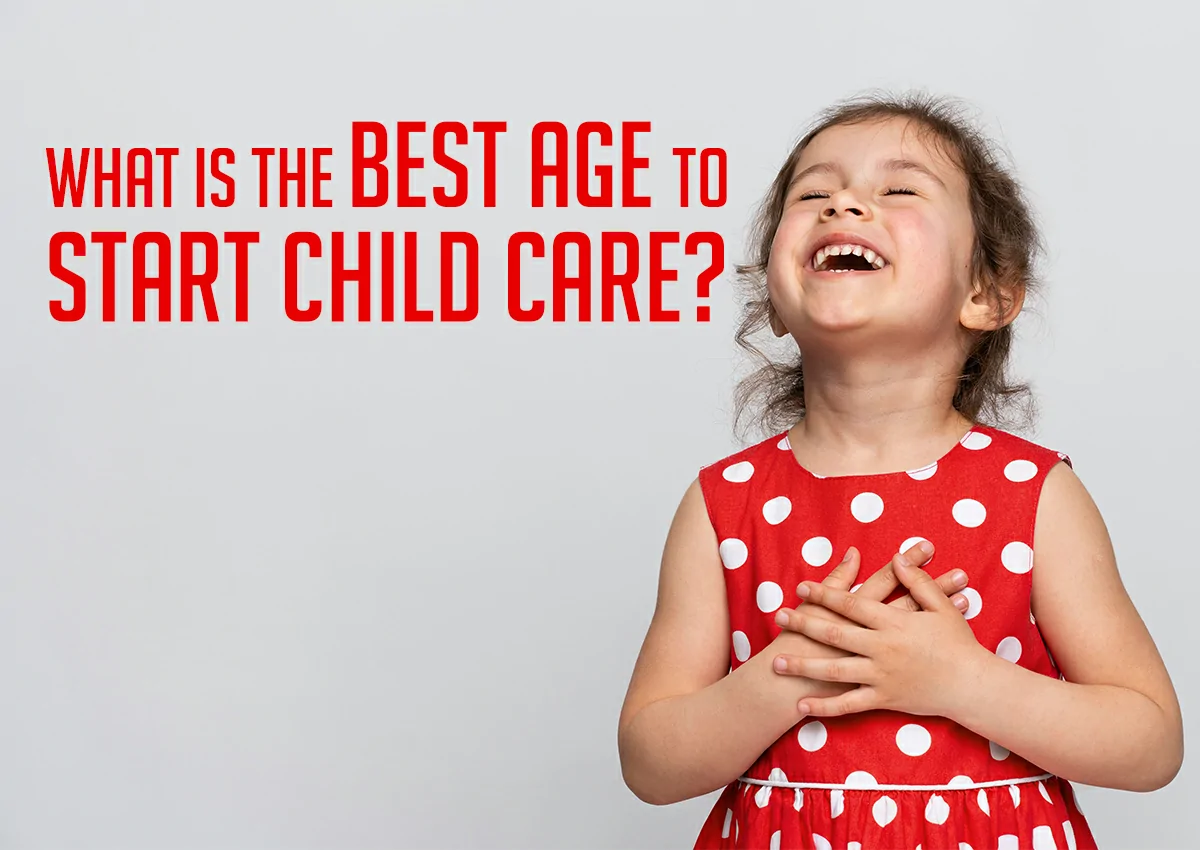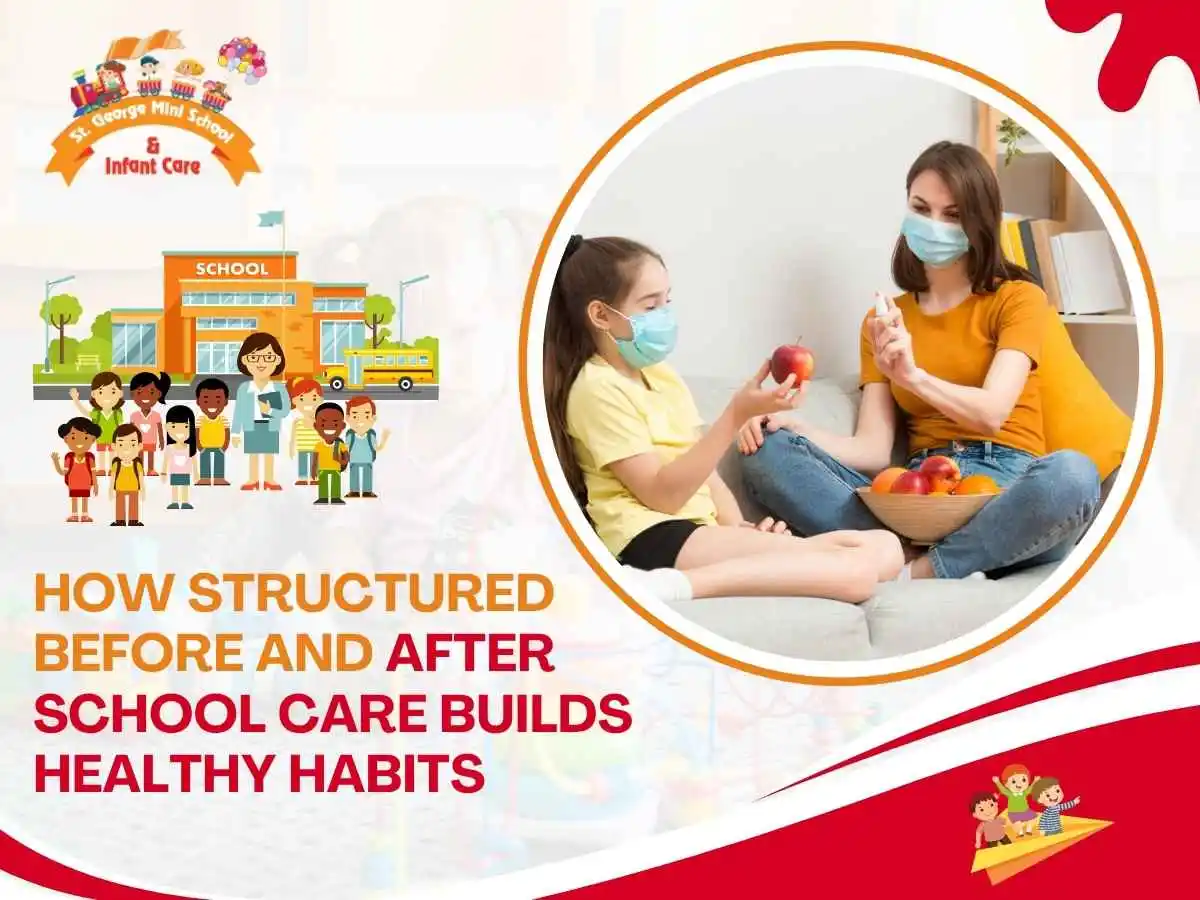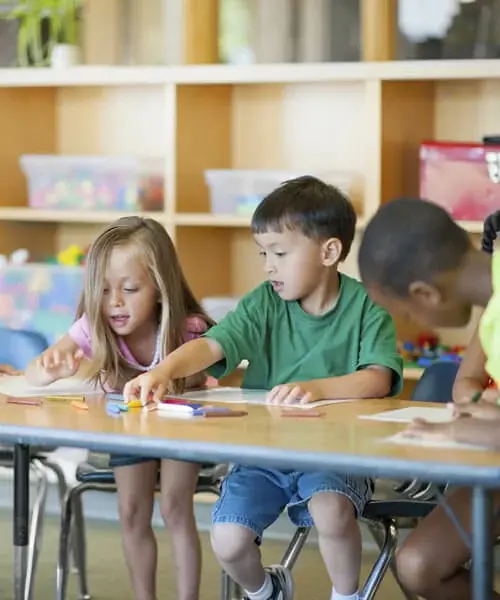33 Mallard Rd: (647) 478-6114
141 Bond Ave: (647) 478-6043
25 Mallard Rd: (647) 812-7795
33 Mallard Rd: (647) 478-6114
141 Bond Ave: (647) 478-6043
25 Mallard Rd: (647) 812-7795
2025-10-10
Structured
before and after-school care programs do much more than provide
supervision—they play a vital role in helping children develop healthy
routines, social skills, and positive habits that support long-term
growth. These programs, often linked with preschool programs, combine
learning, physical activity, and social engagement in a safe and nurturing
environment.
Establishing
Consistent Routines
Children
thrive in environments where routines are predictable. Structured care programs
set clear schedules for activities such as homework, meals, physical exercise,
and quiet time. By following these routines, children learn time
management, responsibility, and self-discipline, which are essential life
skills.
Routines
also help children feel secure and confident. Knowing what to expect
reduces anxiety, supports emotional regulation, and encourag es children to
participate actively in their day.
Encouraging
Healthy Physical Habits
Many before
and after-school care programs include regular physical activity,
which promotes both physical and mental well-being. Activities can include
indoor movement games, outdoor play when weather permits, or structured
exercise sessions. These activities help children develop coordination,
balance, and strength, while also encouraging a love for active living.
In
addition to exercise, snack and meal routines often emphasize balanced
nutrition, reinforcing healthy eating habits. Children learn to make better
choices, understand portion sizes, and develop an awareness of their own health
needs.
Social
Development and Cooperation
Group
activities in structured programs teach children important social
skills such as sharing, teamwork, and effective communication.
Collaborative projects, cooperative games, and guided discussions provide
children with opportunities to navigate social situations safely.
Over
time, these experiences help children build confidence, empathy, and
problem-solving abilities. They learn to interact respectfully with peers,
manage conflicts constructively, and contribute positively to group
dynamics—skills that will benefit them throughout life.
Supporting
Academic Skills
Structured
before and after school programs also support academic growth. Children
may have designated homework time, reading sessions, or guided learning
activities. By providing support in a structured setting, children
develop focus, perseverance, and independent learning skills.
Educators
monitor progress, offer assistance when needed, and encourage children to set
achievable goals. This reinforces a growth mindset, helping children
approach challenges with confidence rather than frustration.
Emotional
Well-Being and Independence
In
addition to physical and academic growth, structured programs
promote emotional development. Children learn to manage transitions
between school and care, understand their feelings, and develop coping
strategies in a supportive environment.
Small
group sizes, attentive educators, and predictable routines help children
feel safe and supported, fostering independence while maintaining a sense
of belonging. Children gradually learn to take initiative, make choices, and
develop self-confidence.
Final
Word
Structured before
and after-school care programs do far more than occupy children’s
time—they build healthy routines, social skills, and emotional resilience.
Thoughtfully designed programs ensure children are engaged, supported, and
thriving in a balanced environment that complements their home and school life.
About
St. George Mini School
St.
George Mini School & Infant Care is a licensed daycare and child care
provider offering comprehensive preschool programs, Before and After
School Care in North York, and supportive learning environments that
foster physical, emotional, and social development.
Featured Blogs
 28/03/22
28/03/22
Which Is The Best Age To Start Chil...
Daycare North York Infant Daycare North York Day Care Center North York Subsidized Daycare North York Daycare Toddlers North York Preschool Programs North York Child Care North York Before and After School Care North York Day Care North York Preschool North York Subsidized Child Care North York Day Care Schools North York



